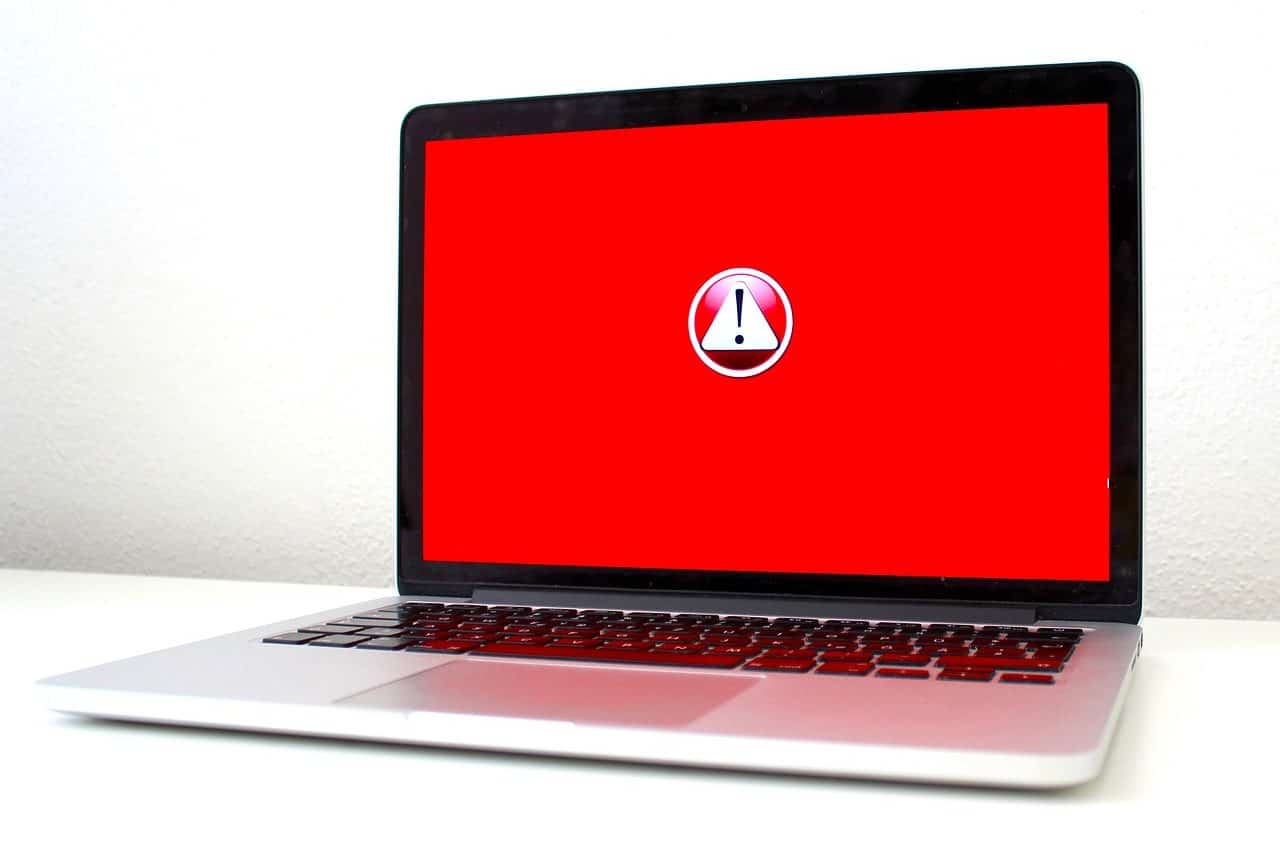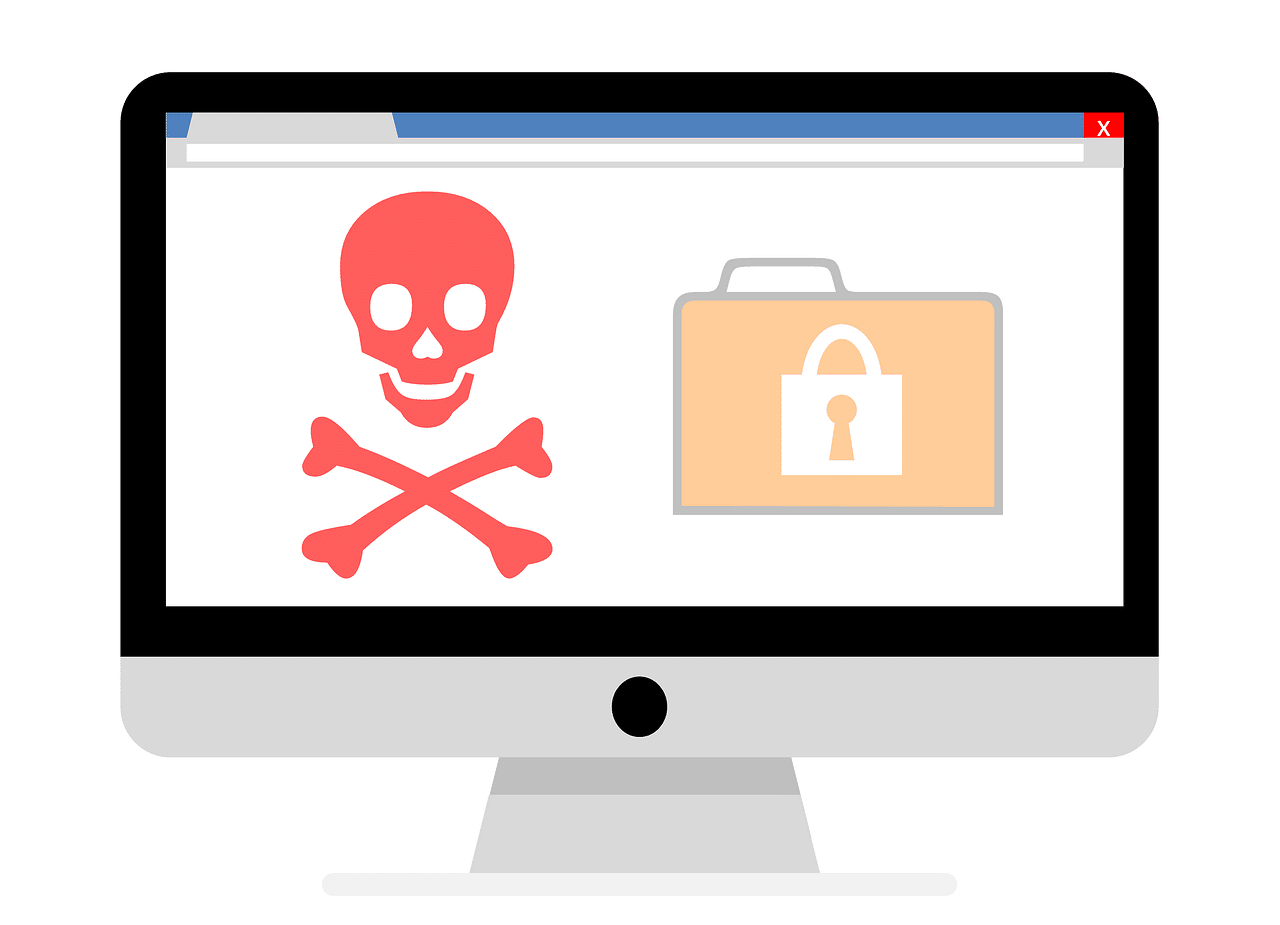
A computer virus is malicious software.
A computer virus is harmful software that, once installed on a computer ( computer ), can destroy stored data.
For many decades, the concept of virus referred to an organism made up of nucleic acids and proteins that has the ability to reproduce inside certain cells. Currently this meaning is still valid, although the other mentioned meaning was also added.
Characteristics of a computer virus
A computer virus falls into the category of malware : software with malicious purposes. Its objective is to affect the operation of the machine without the user noticing or authorizing it. That is why these programs are "camouflaged" behind a harmless appearance: they may offer themselves as games, movies or music, for example, but in reality they are viruses.
We cannot ignore that computer viruses arrive through different routes. Typically, the infections generated by them occur through social networks, various devices such as pendrives that are infected, download pages or attachments in emails that have not been requested.

It is important to take security measures to protect your computers against computer viruses.
Your classification
In addition to everything stated above, we cannot forget that computer viruses can be classified into different groups, among which these stand out:
- Worms , which reproduce automatically and what they do is erase information that we have in RAM.
- The Trojan horse , which is used to refer to the virus that is mistaken for a program that is considered legal, but when executed, causes it to take control of the device.
- Mutant viruses , as their name indicates, are those that transform and change so that they cannot be detected by the antivirus that is installed.
Computer virus example
Suppose a person downloads a file from an Internet site, believing it to be a photo editing application. However, the file in question is a computer virus.
In this way, when the user executes the file, the virus code resides in the computer's RAM . Thereafter, the computer virus begins to control the essential functions of the operating system, infects other executable files and replicates itself on the hard drive (hard drive).
Protective measures
Computer viruses can delete information, overwhelm a network , display annoying posters or shut down the computer, among other possibilities. To protect a computer from infections and eliminate viruses, there are so-called antiviruses , which are programs specially created to combat malicious software.
To ensure that our computer, tablet or similar device is protected from computer viruses, it is essential to carry out a series of basic measures. These include both proceeding to install the aforementioned antivirus and doing the same with a firewall and even resorting to a little common sense. By the latter we mean not downloading anything that comes from unknown emails or entering web pages that we consider may cause an infection.
